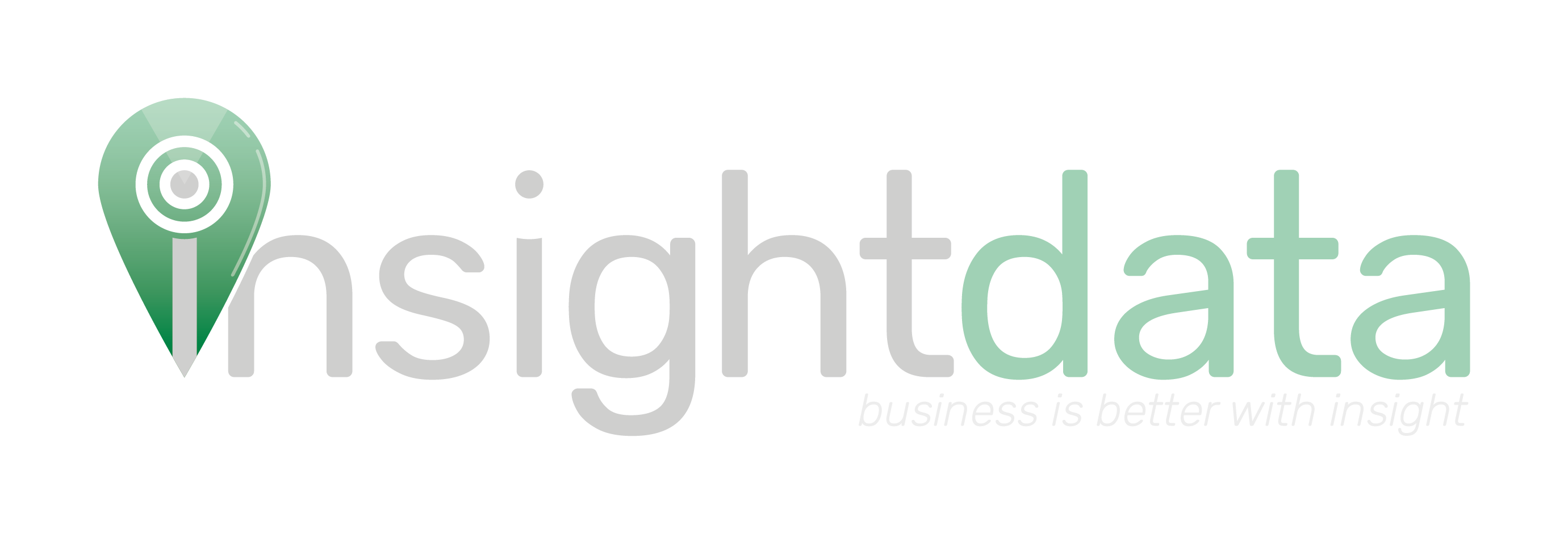
“When written in Chinese, the word ‘crisis’ is composed of two characters. One represents danger and the other represents opportunity.”— John F. Kennedy
Covid-19 is a devasting virus and has ultimately halted normal life across the UK. Businesses are shut, employees are ‘furloughed’, and the economy is entering a very turbulent time ahead.
For many businesses across the UK, big decisions are being made daily and, in some cases, preparation for the future has begun. But how do businesses come to make these often difficult and tough decisions? Undoubtably, to make most informed decision data is required.
Data is powerful under any circumstances; it allows you to build a picture of what is happening and why. This will give you the best opportunity to have a strategic advantage over your competitors. Achieving this level of advantage does require work though: as much as data can be gold dust, having a poor dataset to work from can be a catastrophe waiting to happen.
So, from a data management perspective, what are the 5 key tips to achieve ‘good’ data?
Set up a company-wide data strategy
Make sure that everyone within your company involved in making decisions knows what the strategy is. What are you looking to achieve or find out? What data will you use in order to achieve the goals set out? Everybody should be on the same page.
Protocols for data quality
Ensure that everyone knows what the goal is and that, collectively, everyone knows how to achieve the goal. Now it is time to set up some rules to ensure mistakes are kept to a minimum.
Data collection
Understand where you are sourcing your data from; is it internal or from an external source? How reliable is it? Is it up-to-date? Before collecting any data, you need to run a due-diligence test to have confidence that what you are adding is correct.
Regular updates
Data should never stand still. The most useful data is dynamic data, meaning data which is as live, relevant and up-to-date as possible. Using dynamic data will give you and your team regular updates and information on what is happening right now, rather than putting you behind the trend.
Ownership of data
As with any project, someone needs to be held responsible and take ownership. One of the most common causes for bad data management is not knowing what role each individual has to undertake, often leading to people’s efforts overlapping. Someone must manage the processes and take responsibility.
For more information contact Insight Data on 01934 808293 or via email at hello@insightdata.co.uk..







